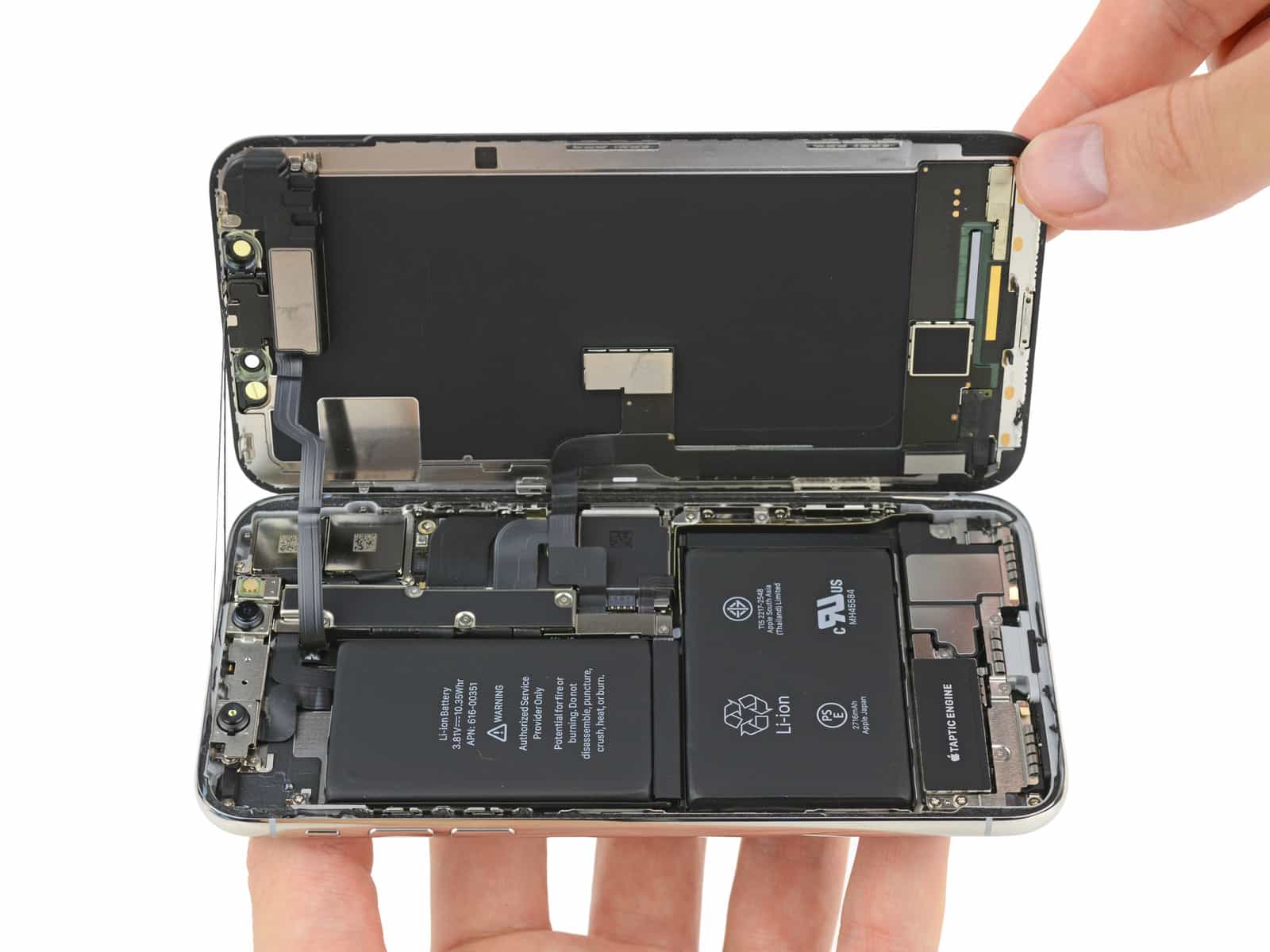Apple reportedly replaced a whopping 11 million iPhone batteries last year — 10 times as many as anticipated.
Apple CEO Tim Cook has already cited this as one of the reasons why new iPhone sales are slowing. It is believed the company expected to perform between 1 and 2 million replacements under its heavily-discounted $29 program.
If you’re happy with your existing iPhone, and you can get a brand new battery for it for just $29, it’s hard to justify a $1,000 upgrade to the latest model. Apple realized this late last year when iPhone sales slowed and it was forced to slash its earnings forecast.
Cook, in an open letter to investors, blamed the battery replacement program — alongside falling demand in China — as one of the reasons for the iPhone’s struggle. And now we know why.
11 million users chose new batteries over new iPhones
During an all-hands Apple meeting on January 3, Cook confirmed that the company replaced 11 million iPhone batteries under the $29 program, according to John Gruber of Daring Fireball. Apple would have usually anticipated just 1-2 million replacements.
If 11 million fans chose a new battery over a $1,000 upgrade, that’s roughly $11 billion in revenue Apple missed out on last year.
Not every iPhone user who had a battery replacement would have bought a new model had there been no $29 fix, of course. And surely some of those who did get a replacement also went on to get an upgrade anyway. It’s not the most accurate estimate, then.
But Apple confirmed late last year that it expected to earn between $5 billion and $9 billion less than originally forecast for Q1 2019. It seems the company didn’t foresee just how much of an impact the program would have on new iPhone sales.
Battery replacement program costs Apple
“My guess: the effect of the battery replacement program on new iPhone sales wasn’t apparent until after the iPhone XR and XS models were available,” Gruber writes.
“A few million extra iPhone users happy with the performance of their old iPhones with new batteries — who would have otherwise upgraded to a new iPhone this year — put a ding in the bottom line.”
Apple launched the $29 battery replacement program in an effort to alleviate iPhone throttling controversy. The company confirmed it had been slowing down older handsets with aging batteries to ensure stable performance and prevent unexpected shutdowns.
Its admission resulted in a deluge of complaints from consumers and critics, so a new battery, which would remove the need to throttle older devices, was offered for a significantly smaller fee. But Apple didn’t seem to mind what the impact on upgrades would be.
“We did not consider it in any way, shape, or form what it would do to upgrade rates,” Cook said during Apple’s first earnings call after the program was announced. “We did it because we thought it was the right thing to do for our customers. And sitting here today, I don’t know what effect it will have.”
Battery replacements aren’t all bad news
There are some silver linings that Apple and its investors must appreciate. 11 million battery replacements would have earned around $319 million in revenue, and that’s 11 million customers still carrying an iPhone and using Apple services.


